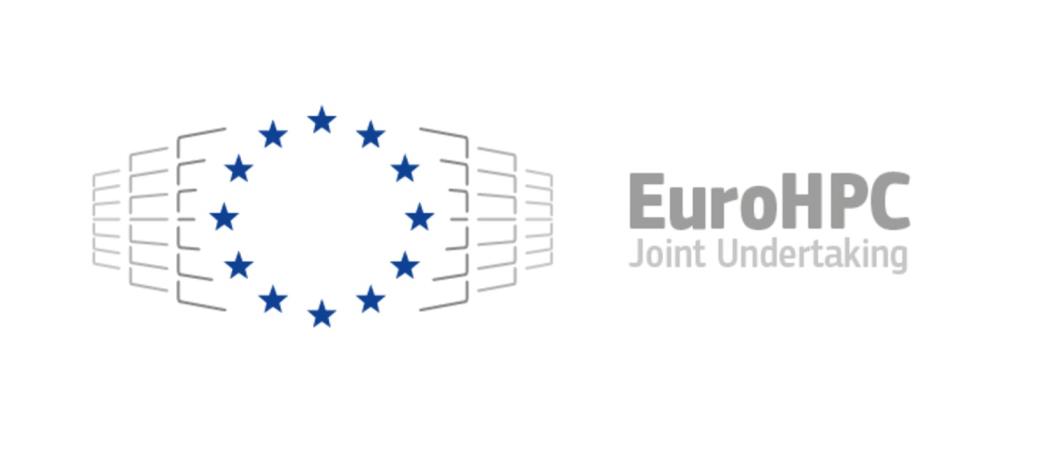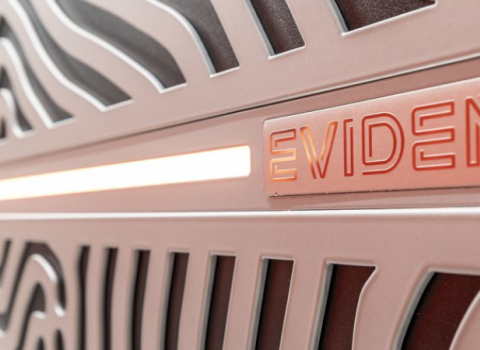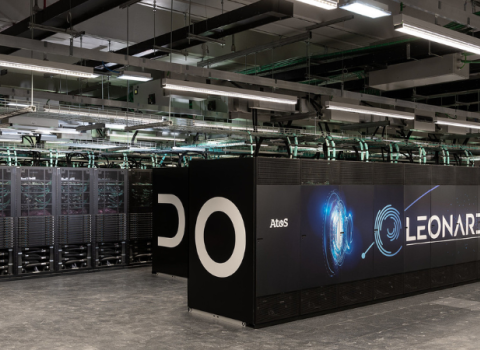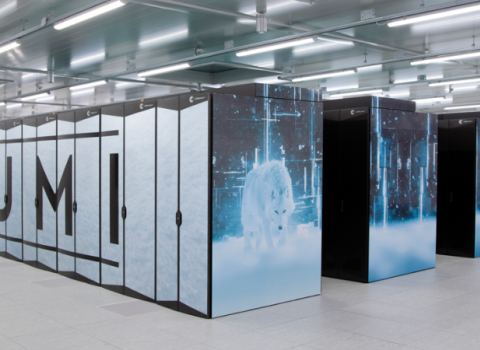EuroHPC launches five calls for supercomputing research worth €95M. That is expected to be backed with matched funding from national governments

The EU’s €1 billion supercomputing partnership EuroHPC has launched research calls with a combined value of €95 million.
These first five calls, focused on hardware and software development, applications and training, are expected to receive matched funding from 29 participating countries, with grant winners covering roughly half of the costs themselves.
EuroHPC, the newest of the EU’s large-scale public-private R&D partnerships, was launched last year. While these are the first R&D calls it has put out, they follow two earlier calls to select eight sites to host supercomputers. The partnership is currently funded from the Horizon 2020 research programme, but is likely to receive money from both Horizon 2020’s successor, Horizon Europe, and the forthcoming Digital Europe capacity-building programme, though neither is finalised yet.
Alongside the EU, EuroHPC includes all member states except the UK and Cyprus, plus Norway, Switzerland, and Turkey. Two industry associations, the European Technology Platform for High-Performance Computing (ET4HPC) and the Big Data Value Association (BDVA), represent companies including IBM, Fujitsu and Atos, and academic institutions such as Charles University in Prague and TU Eindhoven, in the partnership.
Extreme scale technology and skills development
The five calls are split into two categories. The first, with a deadline of 14 January 2020, deals with hardware and software development under the heading, ‘Towards Extreme Scale Technologies and Applications’ and will split a contribution of €55 million across three calls.
Of that €55 million, at least €20 million will support the development of new HPC technologies that improve performance, including system architectures, programming models and algorithms. Another call dealing with specific applications in industry and society, like manufacturing, farming, health and cybersecurity will be worth at least €16 million. A minimum of €8 million will fund technologies and techniques for making high-performance computing more efficient and usable.
The second category, ‘Innovating and widening the HPC use and skills base’ will provide €30 million to fund competence centres for HPC skills development, while €10 million will go to promoting access to HPC infrastructure for small and medium sized businesses. The deadline is 14 November 2019.
While the commission says member states will provide matching funds, that doesn’t mean the winners should expect to receive double whatever is provided through the calls. Different member states will commit different amounts to projects on their territory. Not all have yet said how much they will contribute, but according to the EuroHPC work programme, Italy is signed up for a total of €24 million, Germany €14 million and Greece €3.4 million.
In principle, any type of organisation based in one of the participating countries can apply, but each member state can attach its own strings to national contributions. For example, while Greece will accept applications from private companies, Ireland is restricting eligibility to research organisations and public sector bodies that are recognised as such by Enterprise Ireland, the country’s economic development agency.





 A unique international forum for public research organisations and companies to connect their external engagement with strategic interests around their R&D system.
A unique international forum for public research organisations and companies to connect their external engagement with strategic interests around their R&D system.